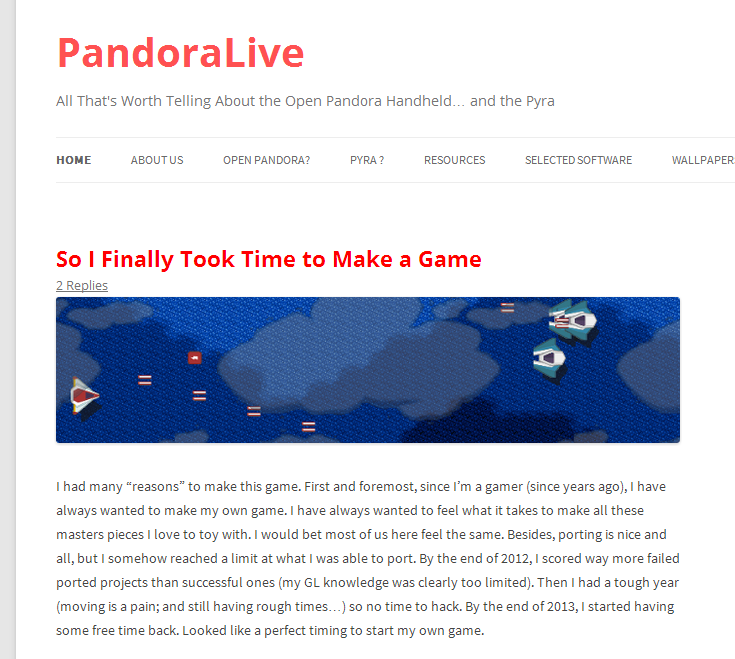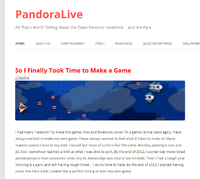Nice article!
It is indeed harder (and much more work!) to create a game than it is to play it!

But also more rewarding, in a way. Intellectually at least. In a sense, it's your little baby, something that you can be proud of.
I'm currently writing a science fiction novel, and I'm finding out the hard way that it is much more work to write a book than it is to read one. I mean, not just a "constant factor" more work, as if it's like reading but 10 times slower, but really it is something else entirely. Re-reading what you wrote (which I end up doing a lot while writing, in order to make sure that the plot is consistent, the pacing is right, everything is polished, etc) seems like a trivial effort compared to the writing itself, maybe even one of the easiest subprocedures of the process (even though this kind of "reading" is already something else than normal reading, because you're reading to improve the text, not just to understand it). Just like playing your own game is something you have to do quite a lot while coding a game, but it's not the playing itself that is the hard thing. And in both cases it's hard to get the balance right between not reading/playing enough (so it is not polished) and reading/playing too much (so you don't have any "fresh eyes" left and you're no longer able to spot problems because you grew too used to them).
It's probably the same with all kinds of creative work, and this is probably related to the P vs NP problem in computational complexity. P is the class of problems you can solve in polynomial time, while NP are the problems for which you can
verify whether a solution is correct or not in polynomial time. Obviously P is a subset of NP. It is widely believed that P is a strict subset of NP.
If P would be equal to NP, then creating a game would not be harder than enjoying a game, composing a symphony would be only as hard as listening to it, writing a book would take no more effort than reading it, coming up with a mathematical proof would be as easy as checking a given proof, playing chess would be no harder than checking whether a series of moves is valid according to the rules of the game.
Most complexity theorists assume P is not equal to NP, although there is no proof yet. Ironically, it may well be the case that P not-equal-to NP is hard to prove
because P is not equal to NP. At least, if P equals NP, then in principle, it should be easy to find the proof of P=NP; that is, if P=NP is a theorem that is not independent of the basic axioms of mathematics, and if it has a relatively short proof (say, it can be done in a few hundred pages), then there exists a computer program which can find that proof in a reasonable amount of time. I would think that if P=NP, then we would have found the proof already

Anyway, congratulations with your game! I hope you'll find time for more of this stuff!
(oh and have you decided on a license yet?

)





